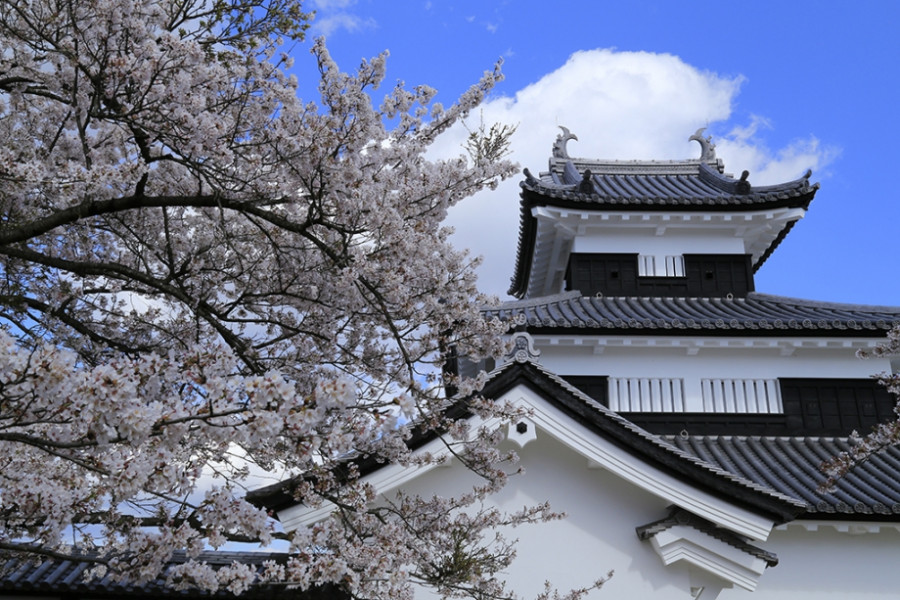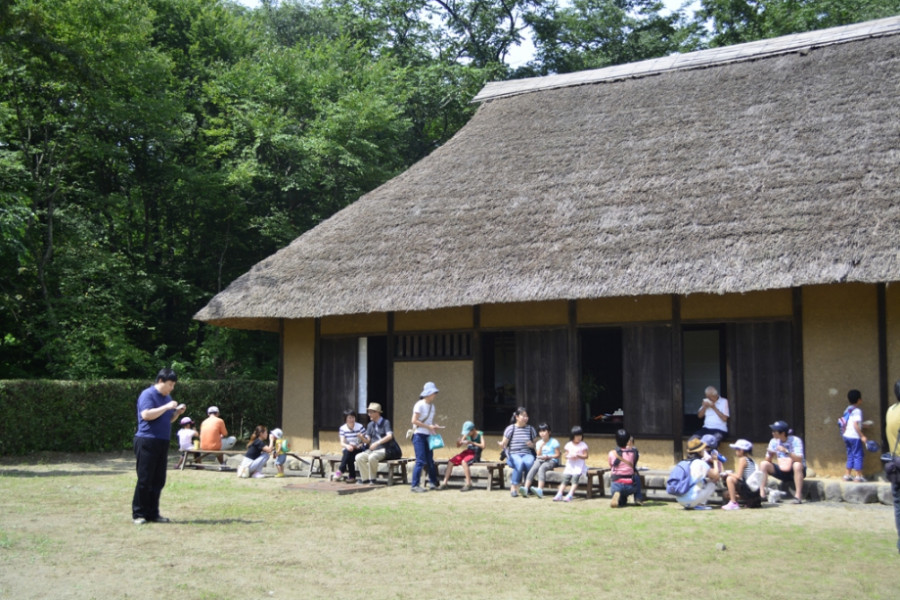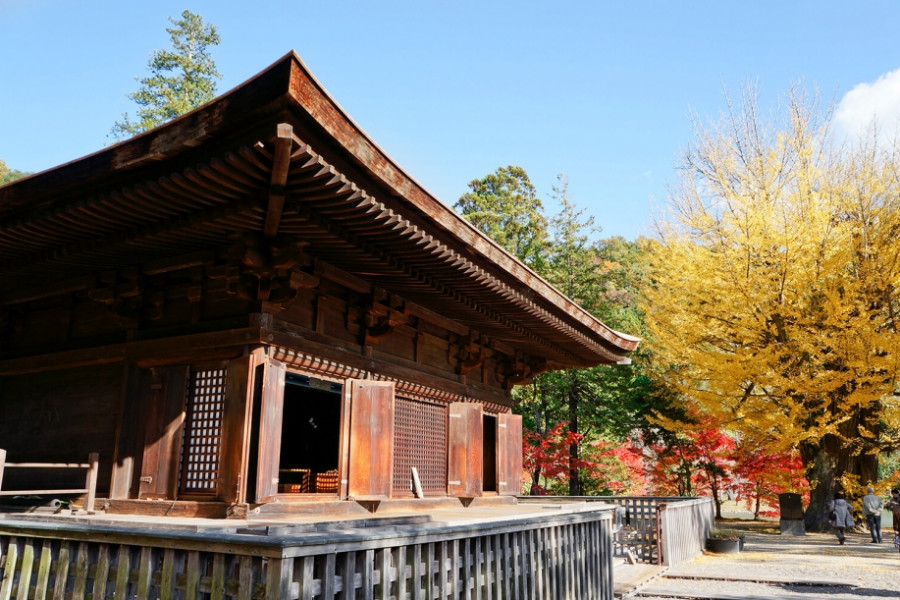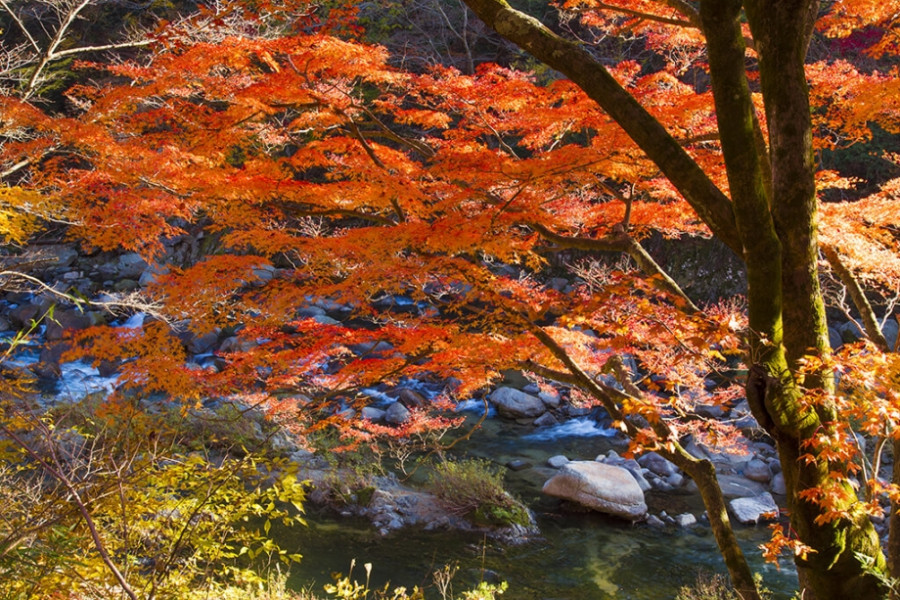
Komine Castle
Shirakawa Castle (Komine Castle) was heavily damaged during the Boshin War (also known as the Meiji Restoration), and was restored in the 1990s.Komine Castle's restoration marked the first time in over 120 years that a restoration had been attempted on a triple turret (yagura) structure. Blueprints from the late Edo Period were used as references for the repair of this structure.As a result of using these blueprints, it was possible to restore the castle almost exclusively using wood construction techniques. This amazing architecture, along with the extraordinary techniques used to make the stone wall around the castle, make this castle extremely special. There is also an exhibition hall on site.



